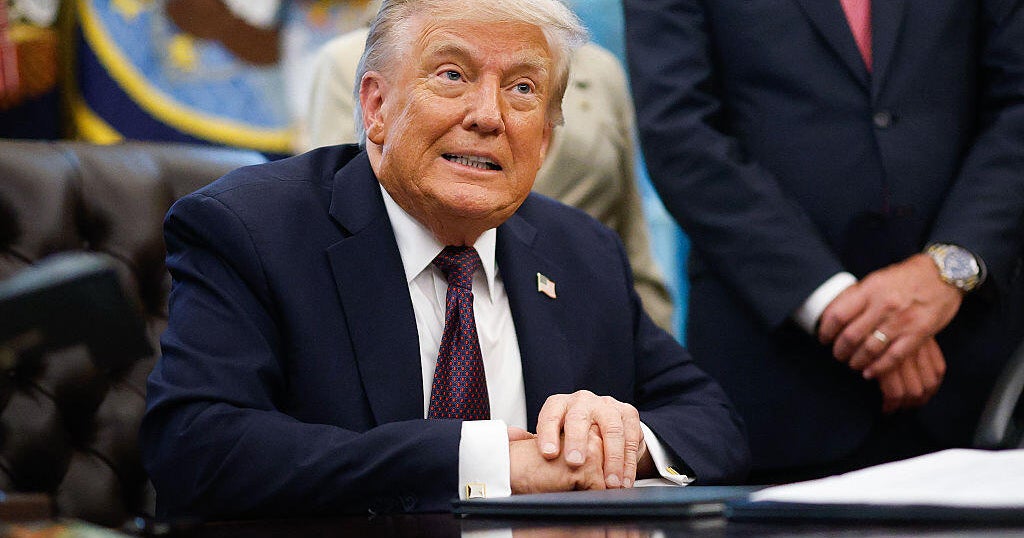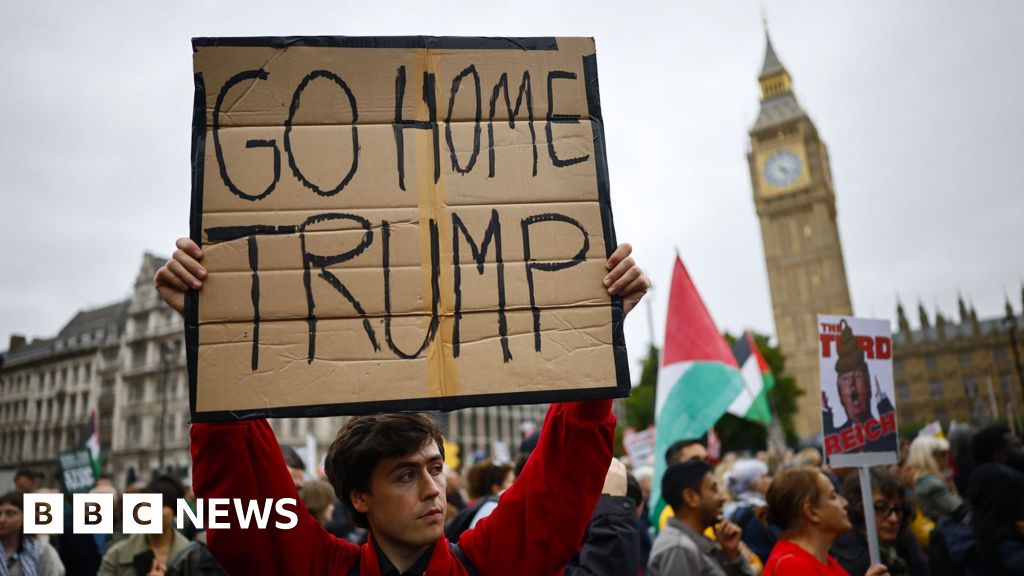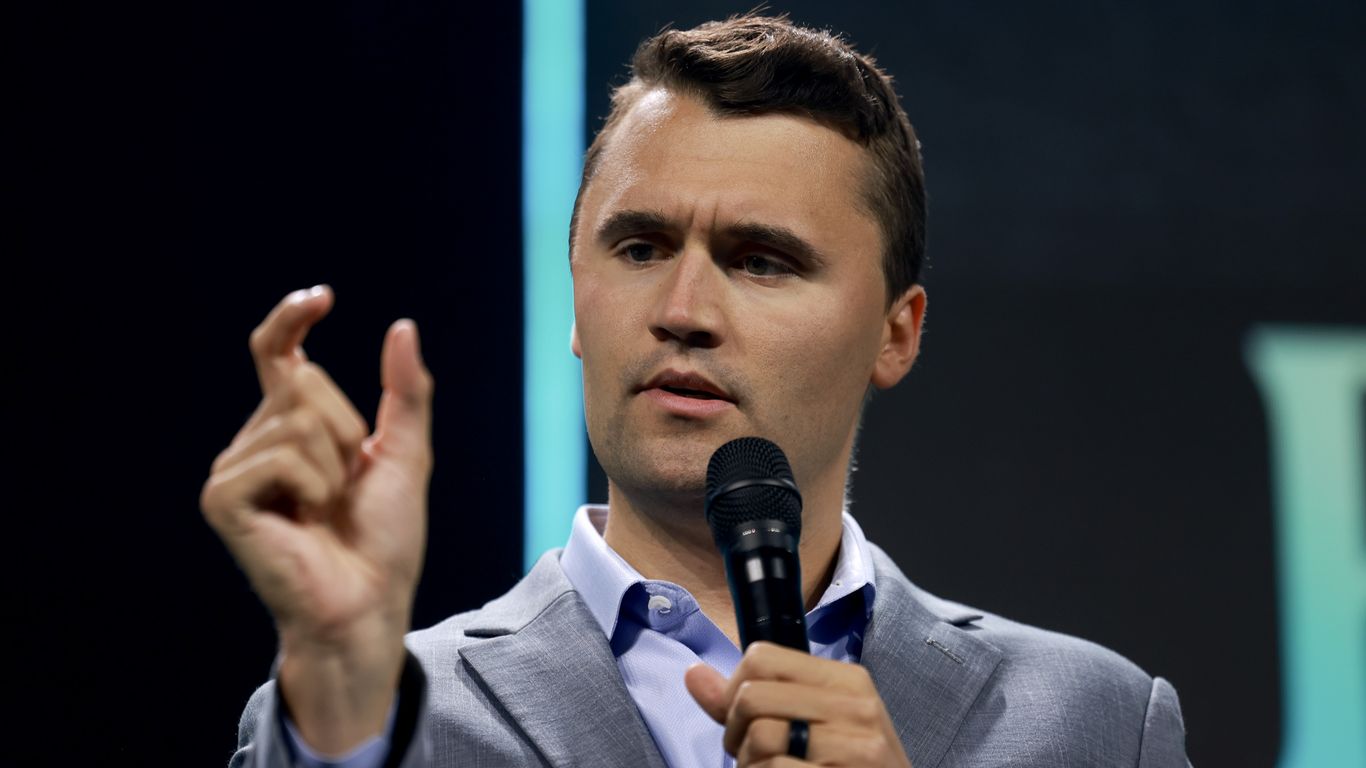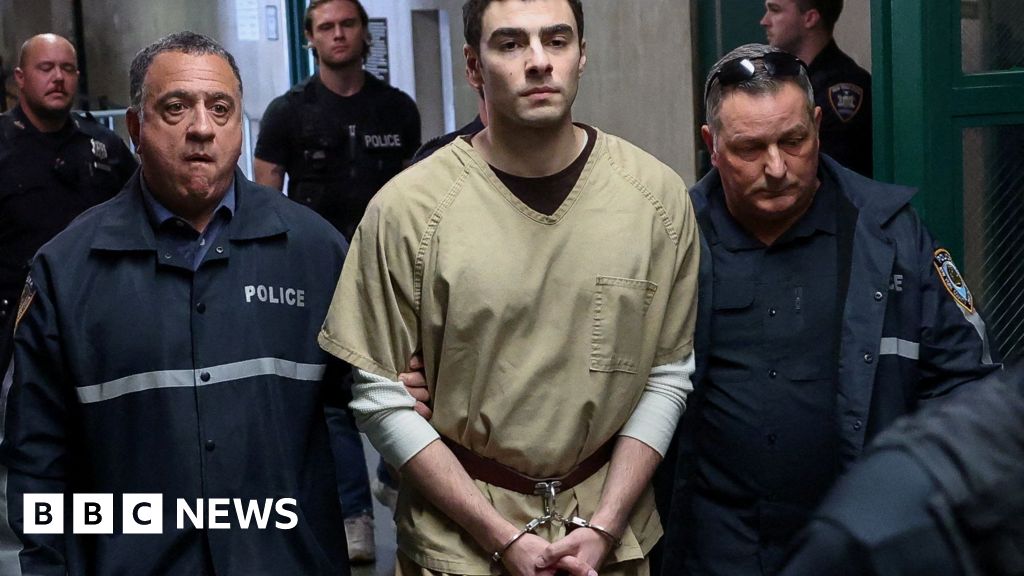Controversy Surrounding Trump's Plan to Designate Antifa as Major Terrorist Organization

Introduction
In a late night tweet, President Trump announced his plan to designate antifa as a "major terrorist organization." This comes after recent protests and riots across the country, with many blaming the far-left group for instigating violence and destruction. This decision has sparked controversy and drawn attention to the actions and funding of antifa.
Key Details
In his tweet, Trump also called for investigations into alleged funders of antifa. The president has been critical of the group, stating they are responsible for recent acts of violence and destruction during protests against police brutality. This announcement has also raised concerns about the definition of domestic terrorism and the potential consequences of designating a group as such.
Antifa, short for anti-fascist, is a decentralized movement that does not have a centralized leadership or membership. This has made it difficult to identify and target specific individuals within the group. However, Trump's announcement has sparked debates about the role of antifa in the current political and social climate, as well as the potential impact of this designation on individuals associated with the group.
Impact
This decision by Trump has added fuel to the ongoing debates surrounding antifa and their involvement in recent protests. It has also raised questions about the effectiveness of designating a group as a "major terrorist organization" and the impact it may have on their actions and influence. Additionally
About the Organizations Mentioned
Antifa
## Overview Antifa—short for “anti-fascist”—is a decentralized, left-wing political movement in the United States primarily focused on opposing fascism, racism, and far-right extremism[1][2][6]. It is not a single organization but rather a loose network of autonomous groups and individuals united by a common ideology rather than a formal leadership structure[1][2][6]. The movement has roots in European anti-fascist resistance, particularly from Germany, but has evolved distinctly in the U.S. context, with the Anti-Racist Action (ARA) network recognized as a key precursor[1]. ## Activities and Tactics Antifa’s activism spans a spectrum from nonviolent methods—such as community organizing, educational campaigns, and peaceful protests—to more controversial tactics, including digital activism, counter-protests at far-right events, doxing, and, in some cases, property damage or physical confrontations[1][2]. The movement’s supporters are typically anarchists, communists, and socialists, though some social democrats also participate[1]. Their primary target is far-right extremism, including neo-Nazis and white supremacists, and they often organize in response to perceived threats from these groups[1][2]. ## Historical Context and Achievements Antifa’s growth in the U.S. accelerated in the 1980s and 1990s with the rise of ARA and later during periods of heightened far-right activity, such as the Unite the Right rally in Charlottesville in 2017[1]. The movement’s main achievement has been its role in mobilizing opposition to far-right extremism, sometimes preventing or disrupting rallies and events organized by white supremacists. However, Antifa has also faced criticism for its confrontational tactics and lack of centralized accountability[1]. According to civil rights organizations, while there have been isolated incidents of violence and property damage linked to Antifa
Police
The police are a foundational organization in modern society, tasked with maintaining public order, enforcing laws, and safeguarding citizens’ lives and property. Historically, policing evolved from informal community watch systems to formalized, state-run institutions, with the first modern police force established in London in 1829 by Sir Robert Peel. This model inspired police organizations worldwide, emphasizing professionalism, accountability, and public service. Police organizations are typically structured hierarchically, with specialized units for patrol, investigation, traffic, and intelligence. They operate through a combination of territorial divisions—such as districts and beats—and functional units like bureaus and sections, ensuring efficient coverage and response. The core functions include crime prevention, law enforcement, emergency response, and community engagement. In recent years, technological advancements have transformed policing, with digital databases, surveillance systems, and data analytics enhancing operational efficiency and crime detection. Key achievements of police organizations include the reduction of crime rates in many regions, the development of community policing strategies, and the successful management of large-scale public events and emergencies. However, challenges such as maintaining public trust, addressing misconduct, and adapting to new forms of crime (like cybercrime) remain significant. Today, police forces globally are increasingly focused on transparency, accountability, and the integration of technology. Initiatives like body-worn cameras, real-time crime centers, and community outreach programs reflect a shift toward more responsive and citizen-centric policing. Notable aspects include the role of police in internal security, counter-terrorism, and protecting critical infrastructure. For business and technology audiences, the police represent a dynamic sector where innovation meets public service, offering insights into organizational management, data-driven decision-making, and the balance between security and civil liberties.
















